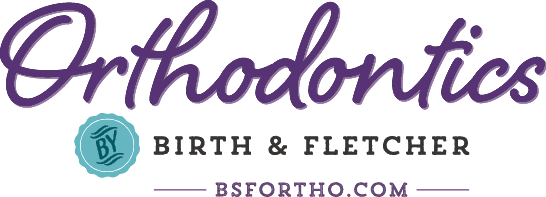Sleep Apnea and Alcohol: Understanding the Impact
If you’re struggling to sleep at night or believe you may have sleep apnea, your alcohol consumption might be making things worse. At Birth and Fletcher Orthodontics, Fort Worth, TX sleep dentist Dr. Sheila Birth sheds light on the relationship between sleep apnea and alcohol consumption. By understanding the effects of alcohol on sleep apnea, our patients can make informed choices for better management and improved overall health.
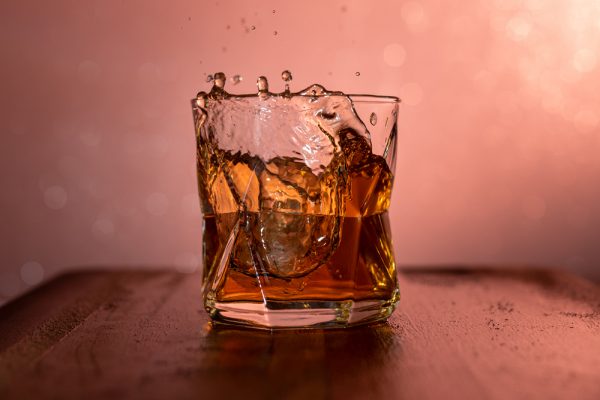
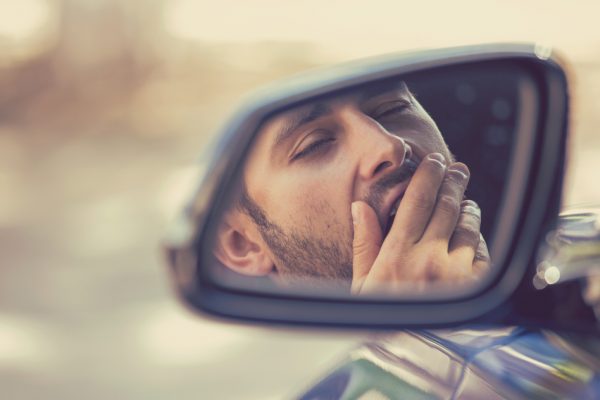
Alcohol & How it’s Not Helping You Sleep
Sleep apnea is a sleep disorder characterized by interruptions in breathing during sleep, leading to fragmented sleep and potential health complications. Alcohol consumption has been known to affect sleep patterns and can exacerbate the symptoms of sleep apnea. It’s important to understand the impact of alcohol on sleep apnea and sleep apnea treatment to make informed decisions about alcohol consumption and its effects on your sleep and health.
The Impact of Alcohol on Sleep Apnea
Alcohol can have several effects on sleep apnea, including:
Disrupted Sleep Quality: Alcohol can disrupt normal sleep architecture, leading to poorer sleep quality. It can cause fragmented sleep patterns, frequent awakenings, and decreased time spent in restorative sleep stages. These disruptions can worsen the symptoms of sleep apnea and contribute to daytime fatigue and cognitive impairments.
Respiratory Depressant: Alcohol acts as a respiratory depressant, which means it can suppress the central nervous system and affect the muscles involved in breathing. This can lead to a relaxation of the muscles in the throat and airway, making them more susceptible to collapse or obstruction during sleep. For individuals with sleep apnea, this can result in more frequent and severe breathing pauses or apneas.
Increased Risk of Obstructive Sleep Apnea (OSA): Alcohol consumption has been linked to an increased risk of developing or worsening obstructive sleep apnea. This is because alcohol can further narrow the airway and contribute to the collapse of soft tissues in the throat, making it more difficult to maintain an open and unobstructed airway during sleep.
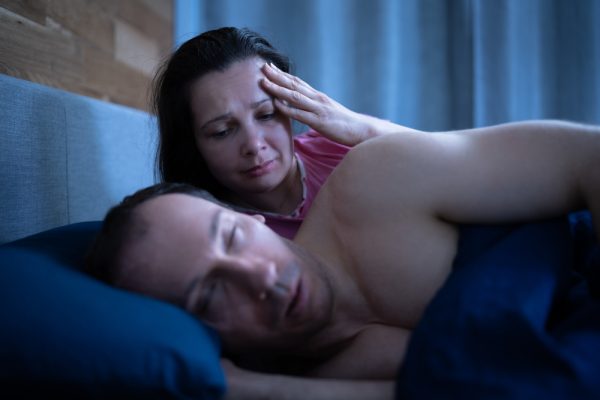
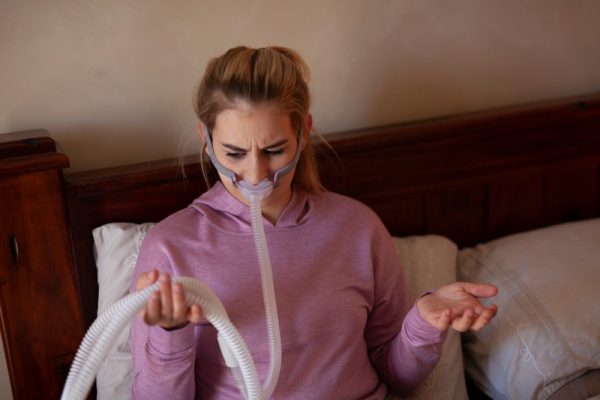
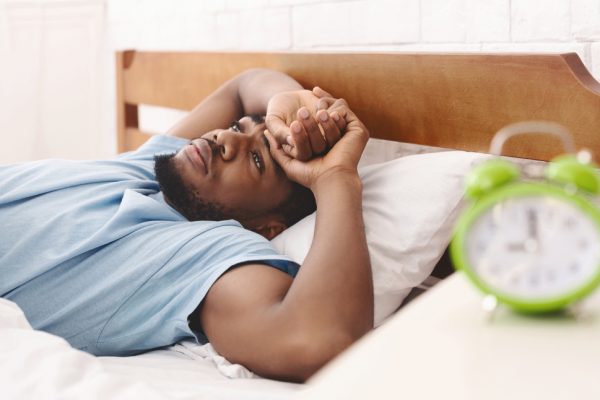
Alcohol and Sleep Apnea Treatment
For individuals undergoing treatment for sleep apnea, alcohol consumption can present additional challenges and hinder the effectiveness of treatment. Consider the following factors:
Interference with CPAP Therapy
Continuous positive airway pressure (CPAP) therapy is a common treatment for sleep apnea. Alcohol can compromise the effectiveness of CPAP therapy by reducing compliance and tolerance to wearing the mask and maintaining the prescribed pressure. It can also contribute to mask leaks or excessive dryness of the airway.
Potential Worsening of Symptoms
Alcohol consumption can exacerbate the symptoms of sleep apnea, such as loud snoring, choking, and gasping for air during sleep. It can also increase the frequency and duration of breathing pauses or apneas, leading to a more severe and disruptive sleep apnea experience.
Increased Risk of Sleep-Disordered Breathing Events
Combining alcohol with sleep apnea can increase the likelihood of experiencing sleep-disordered breathing events, such as hypopneas or complete blockages of the airway. These events can further compromise sleep quality, oxygenation levels, and overall health.
Managing Alcohol Consumption for Sleep Apnea Patients
While complete abstinence from alcohol may be the ideal choice for individuals with sleep apnea, moderate and responsible alcohol consumption may be possible for some individuals. Consider the following strategies to manage alcohol consumption:
Discussing Alcohol Use with Your Healthcare Provider
It’s essential to communicate openly with your healthcare provider, including your dentist or sleep specialist, about your alcohol consumption habits. They can provide personalized recommendations based on your specific health needs and treatment goals.
Establishing Healthy Drinking Habits
If you choose to consume alcohol, it’s crucial to do so in moderation and establish healthy drinking habits. Limiting the amount of alcohol consumed, avoiding excessive drinking close to bedtime, and allowing sufficient time for alcohol to metabolize before sleep can help minimize the potential negative effects of sleep apnea.
Exploring Alternative Beverages and Strategies
Consider opting for non-alcoholic beverages or reducing your alcohol intake by choosing lighter options with lower alcohol content. Additionally, incorporating relaxation techniques or other stress-reducing strategies into your routine may help you manage sleep apnea symptoms without relying on alcohol for relaxation or sleep.


Frequently Asked Questions
Is there a threshold of alcohol consumption beyond which the risk of sleep apnea increases significantly?
Exceeding these limits and engaging in heavy or binge drinking significantly elevates the likelihood of experiencing sleep apnea or exacerbating existing symptoms. It’s important to be mindful of alcohol intake and maintain moderation to minimize the risk of sleep apnea.
Is it okay to have an occasional drink if I have sleep apnea?
Are there any alternative beverages I can choose that won't affect my sleep apnea?
Are individuals with sleep apnea more susceptible to alcohol-related sleep disturbances compared to those without the condition?
Alcohol further relaxes the throat muscles and inhibits the brain’s ability to respond to breathing difficulties, making it more likely for individuals with sleep apnea to experience worsened symptoms and sleep disturbances when consuming alcohol.
Call Today & Learn More About Alcohol’s Effect on Sleep Apnea
Understanding the impact of alcohol on sleep apnea is crucial for individuals seeking effective management of the condition. While it’s advisable to limit or avoid alcohol consumption, it’s essential to have open and honest discussions with your healthcare provider to determine the best approach for your specific situation.
At Birth and Fletcher Orthodontics in Fort Worth, TX, Dr. Sheila Birth and her dedicated team are here to support you in your journey towards better sleep and improved overall health. Schedule a consultation by dialing (817) 502-9103 or filling out the contact form below. Birth and Fletcher Orthodontics serves new and returning patients from Fort Worth and surrounding areas such as River Oaks, Arlington, & Westover Hills, TX.
